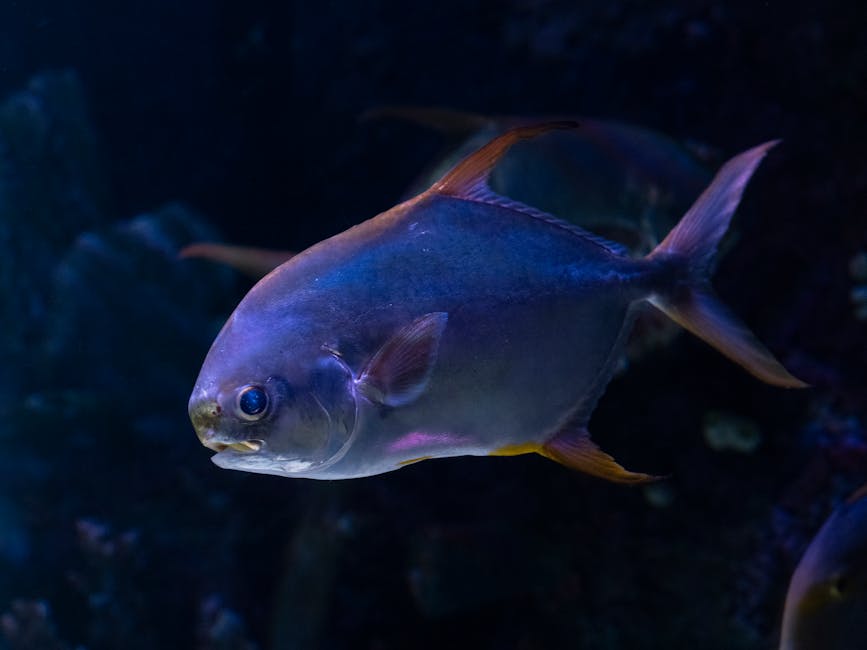Understanding Underwater Welding Guide
Understanding Underwater Welding Guide
Blog Article

Underwater welding is a specialized trade that combines the skills of welding with those required for diving. This unique field presents exciting opportunities for individuals passionate about both marine environments and technical craftsmanship. As global industries continue to rely on underwater welding for maintenance and construction, the demand for skilled professionals in this area is on the rise.
Understanding Underwater Welding
Underwater welding involves performing welding tasks beneath the surface of the water. This can occur in various environments, including oceans, lakes, and rivers. The primary applications of underwater welding include:
- Repairing offshore oil rigs
- Maintaining ships and submarines
- Constructing underwater pipelines
- Restoring marine structures like bridges and dams
Types of Underwater Welding
There are two primary types of underwater welding:
- Wet Welding: This technique is performed directly in the water and is generally less expensive. However, it comes with challenges, such as the need for specialized equipment to combat the effects of water on the welding arc.
- Dry Welding: In this method, the welder works in a hyperbaric chamber, which is a sealed environment that keeps water out. This allows for higher quality welds but requires more complex equipment and setup.
Career Path and Qualifications
To embark on a career in underwater welding, individuals typically need a combination of education, certification, and experience. The following steps outline a typical career path:
- Education: Most underwater welders have a high school diploma or equivalent. Pursuing further education in welding technology or marine engineering can be beneficial.
- Welding Certification: Obtaining a welding certification from a recognized organization is crucial. This certification demonstrates a welder's proficiency and adherence to safety standards.
- Diving Certification: Welders must also be certified divers. Organizations such as PADI or NAUI offer courses that teach essential diving skills and safety practices.
- Specialized Training: Many employers prefer candidates who have completed specialized underwater welding training programs that cover both welding techniques and diving operations.
With the right mix of education and training, aspiring professionals can explore various underwater welding career prospects. As industries expand and technology advances, opportunities in this field are growing, especially in areas such as renewable energy and underwater construction.
Job Outlook and Opportunities
The job outlook for underwater welders is promising. The Bureau of Labor Statistics (BLS) indicates that demand for welders, including underwater welders, is projected to grow as infrastructure ages and requires maintenance. Additionally, the expansion of offshore energy resources contributes to the increasing need for skilled underwater welders. Professionals in this field can find opportunities in:
- Oil and gas companies
- Marine construction firms
- Shipbuilding yards
- Government and military projects
Moreover, the potential for lucrative salaries further enhances the appeal of pursuing an underwater welding career prospects. Experienced underwater welders can earn competitive wages, especially when working in hazardous conditions or remote locations.
Challenges and Considerations
Despite the enticing prospects, a career in underwater welding is not without its challenges. The work can be physically demanding and mentally taxing, as welders must navigate the complexities of the underwater environment. Additionally, safety remains a paramount concern, with risks including:
- Decompression sickness
- Equipment failure
- Hazardous marine life
Therefore, continual training and adherence to safety protocols are essential for success in this field. Those considering a career in underwater welding should weigh their passion for the marine environment against the physical and mental demands of the job.
Conclusion
Underwater welding presents a unique fusion of technical skill and adventure, offering diverse career prospects in a growing industry. With the right education, certifications, and a commitment to safety, aspiring underwater welders can build a rewarding career that contributes to essential infrastructure and marine conservation efforts.
Report this page